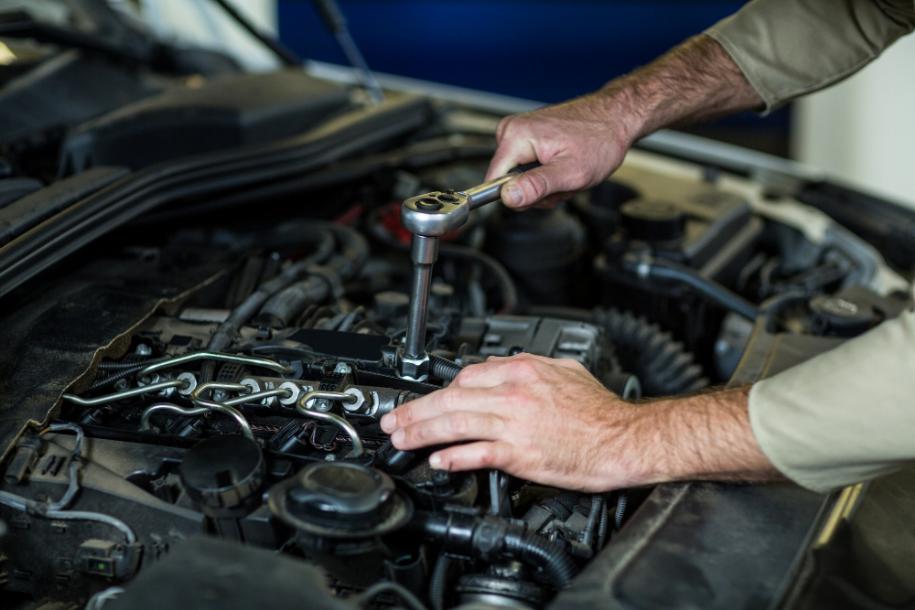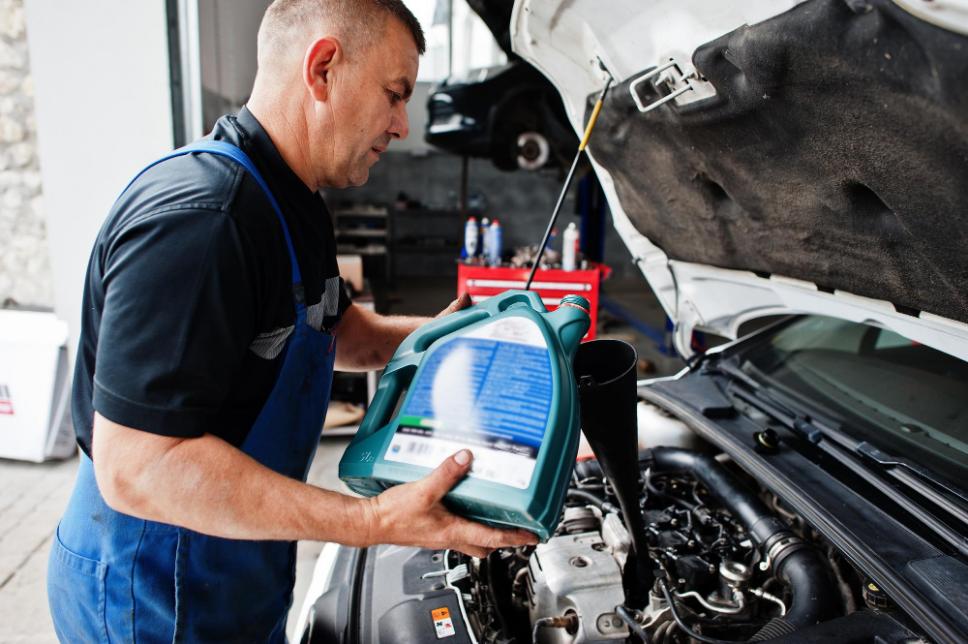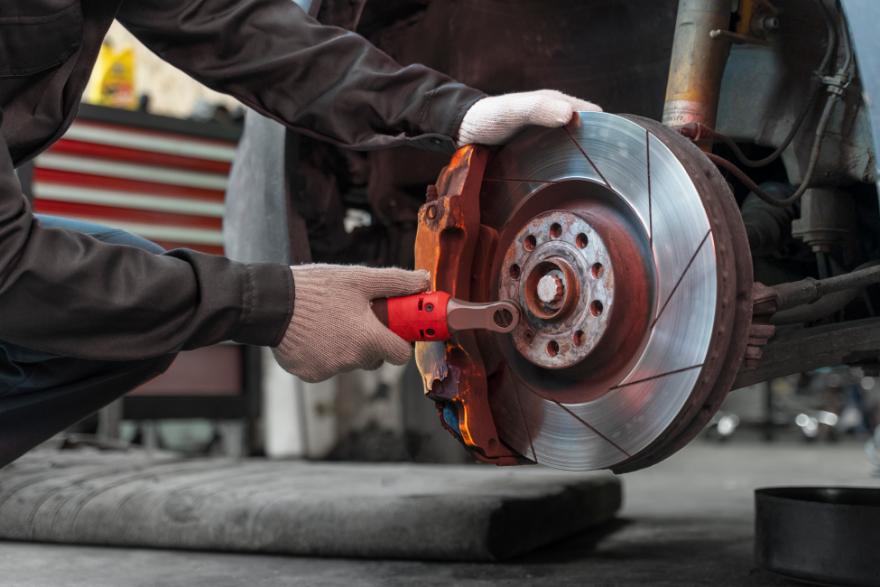Performance Upgrades and Customization
Car performance upgrades and customization enhance vehicle speed, handling, and appearance to suit personal preferences. Common upgrades include:
.jpg)
1. Engine Tuning:
ECU remapping for increased power and torque.
2. Exhaust System:
High-flow headers and cat-back exhausts for better airflow and sound.
3. Suspension:
Upgraded shocks, springs, and sway bars for improved handling.
4. Brakes:
High-performance brake pads, rotors, and stainless steel lines for better stopping power.
5. Intake System:
Cold air intake for increased air flow to the engine.
6. Aesthetic Customization:
Body kits, spoilers, and paint jobs for a unique look.
7. Interior Upgrades:
Racing seats, steering wheels, and custom upholstery for comfort and style.
AutoCare Solutions - Tire Services
Car tyre services encompass various maintenance tasks crucial for safety and performance:
.jpg)
1. Tyre Inspection:
Check tread depth, wear patterns, and sidewall condition.
2. Tyre Rotation:
Ensure even wear by moving tyres to different positions on the vehicle.
3. Balancing:
Distribute weight evenly around wheels to prevent vibrations.
4. Wheel Alignment:
Adjust angles of wheels to manufacturer specifications for proper handling and tyre longevity.
5. Tyre Repair:
Patch punctures or replace tyres damaged beyond repair.
6. Pressure Check:
Maintain correct inflation levels for fuel efficiency and tyre longevity.
7. Tyre Replacement: :
Install new tyres when tread is worn down to ensure safety and performance.
Regular tyre maintenance improves handling, reduces wear, and enhances overall driving safety.
Engine Diagnostics and Repair
Car engine diagnostics and repair involve systematic troubleshooting and fixing of engine-related issues. Here’s a concise overview:

1. Diagnosis:
Use OBD-II scanner to retrieve error codes, inspect visual clues like leaks or unusual noises.
2. Testing:
Check ignition system, fuel system, and emissions components.
3. Compression Test:
Measure cylinder compression for engine health.
4. Sensor and Actuator Testing:
Verify functionality of sensors (MAF, O2) and actuators (fuel injectors, throttle).
5. Repair:
Replace faulty components, repair leaks, or perform engine rebuild if necessary.
6. Maintenance:
Regular oil changes, filter replacements, and tune-ups prevent future issues.
Oil Change
A car oil change is essential for engine health and longevity:

1. Drain Old Oil:
Remove old, contaminated oil from the engine.
2. Replace Oil Filter:
Install a new filter to capture contaminants.
3. Refill with New Oil:
Add fresh, recommended oil grade and quantity.
4. Check Other Fluids:
Inspect and top up fluids like coolant and brake fluid.
5. Inspect Components:
Check for leaks, worn belts, and hoses.
6. Reset Maintenance Indicator:
Update vehicle's service records and reset maintenance light if necessary.
7. Scheduled Interval:
Follow manufacturer's guidelines for timing and oil type.
Regular oil changes maintain engine efficiency and prevent costly repairs.
Brake Inspection
Car brake inspection ensures safety and performance:

1. Visual Inspection:
Check brake pads, rotors, calipers, and brake lines for wear, damage, or leaks.
2. Measure Pad Thickness:
Ensure pads meet minimum thickness requirements.
3. Check Rotor Condition:
Assess for scoring, warping, or excessive wear.
4. Inspect Calipers:
Verify proper operation and brake fluid leakage.
5. Brake Fluid Check:
Examine fluid level and condition; flush if necessary.
6. Test Brake Pedal Feel:
Ensure pedal is firm and responsive.
7. Road Test:
Confirm brakes operate quietly and effectively.
Regular brake inspections prevent accidents and maintain vehicle reliability.
.jpg)


.jpg)



.jpg)